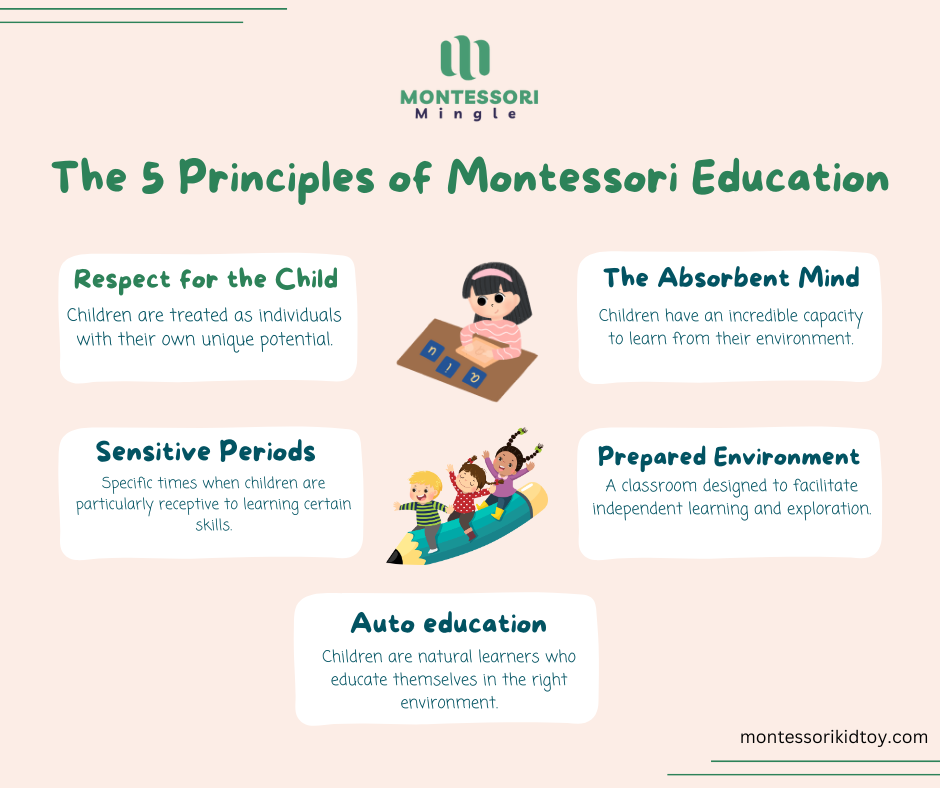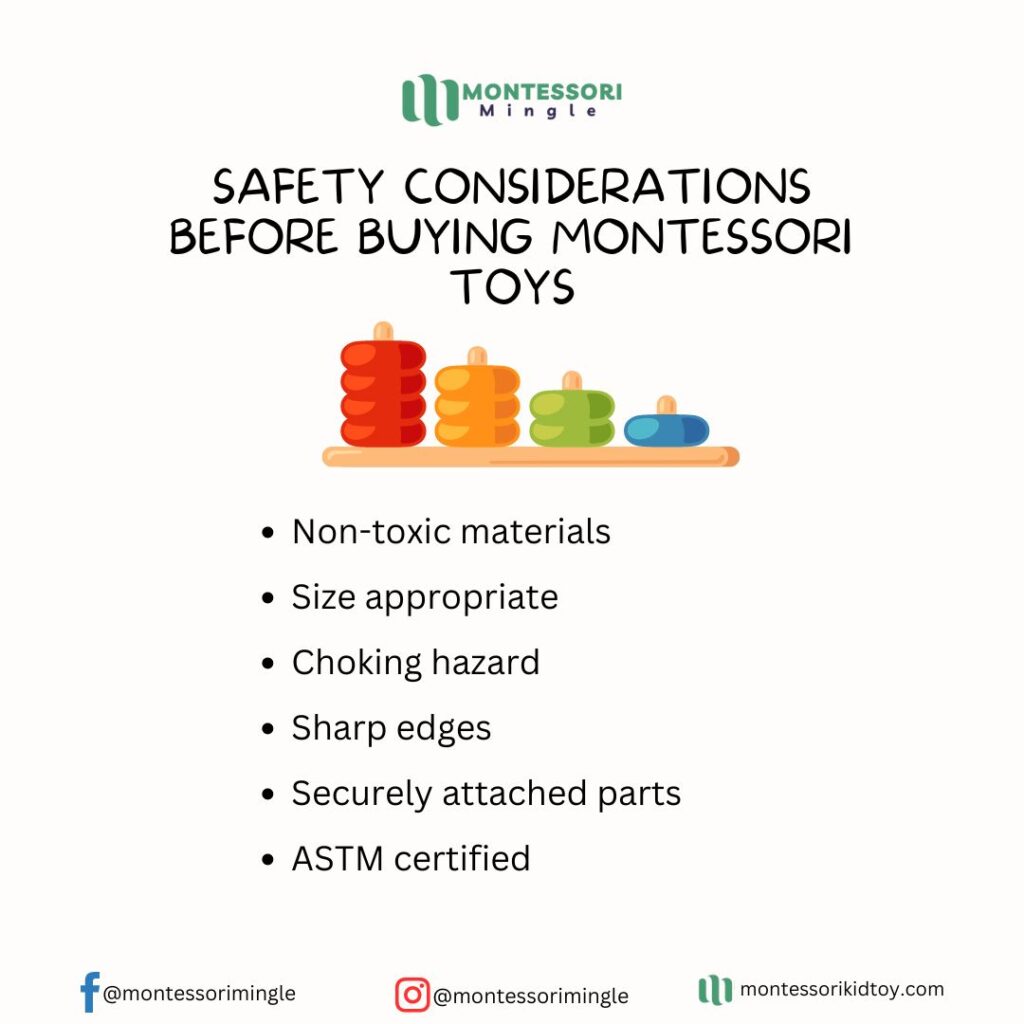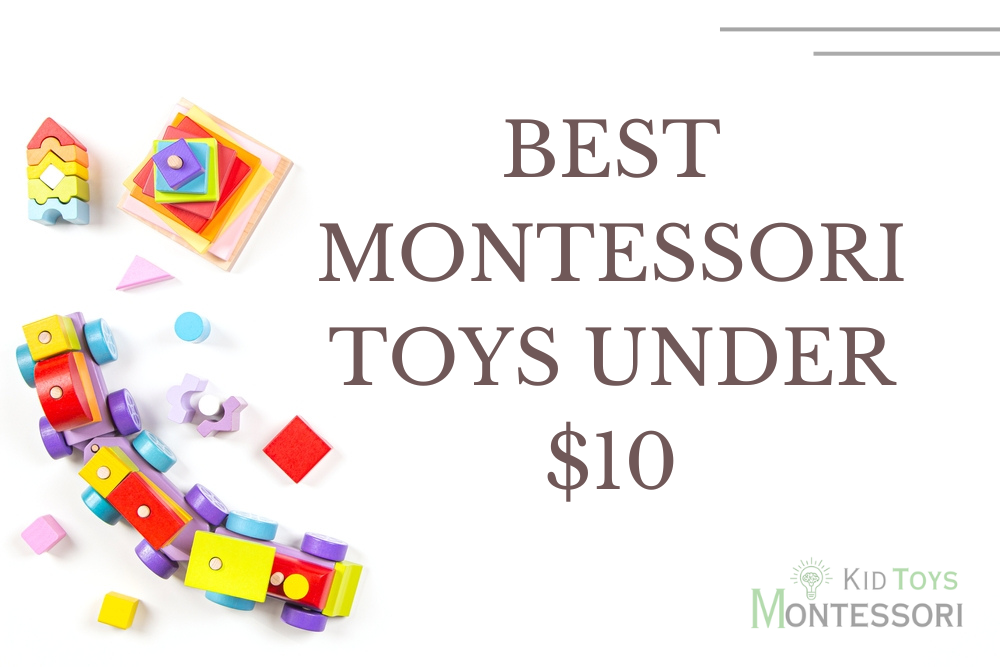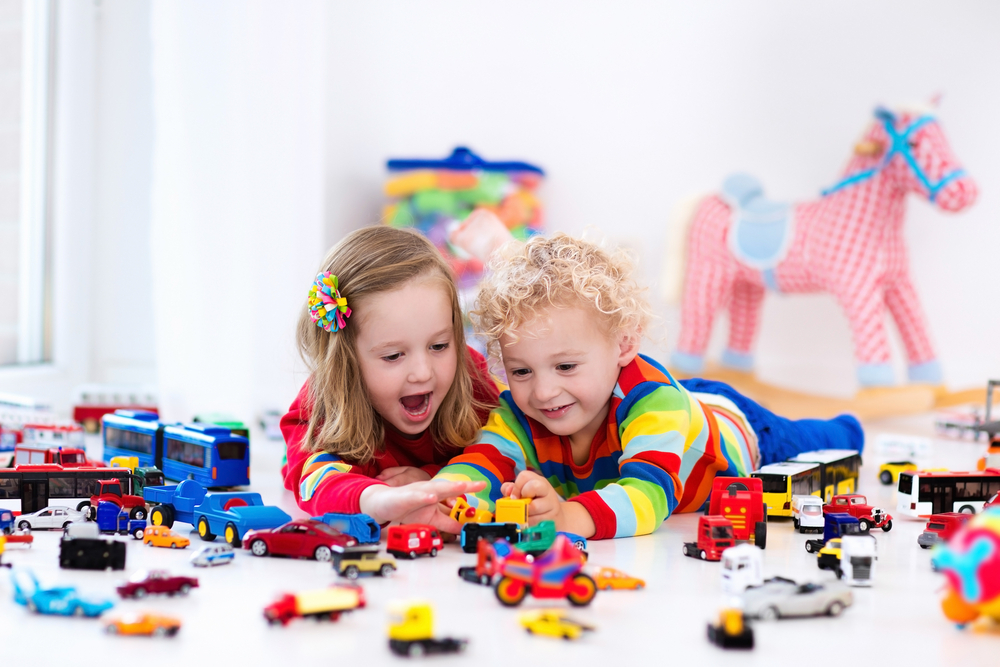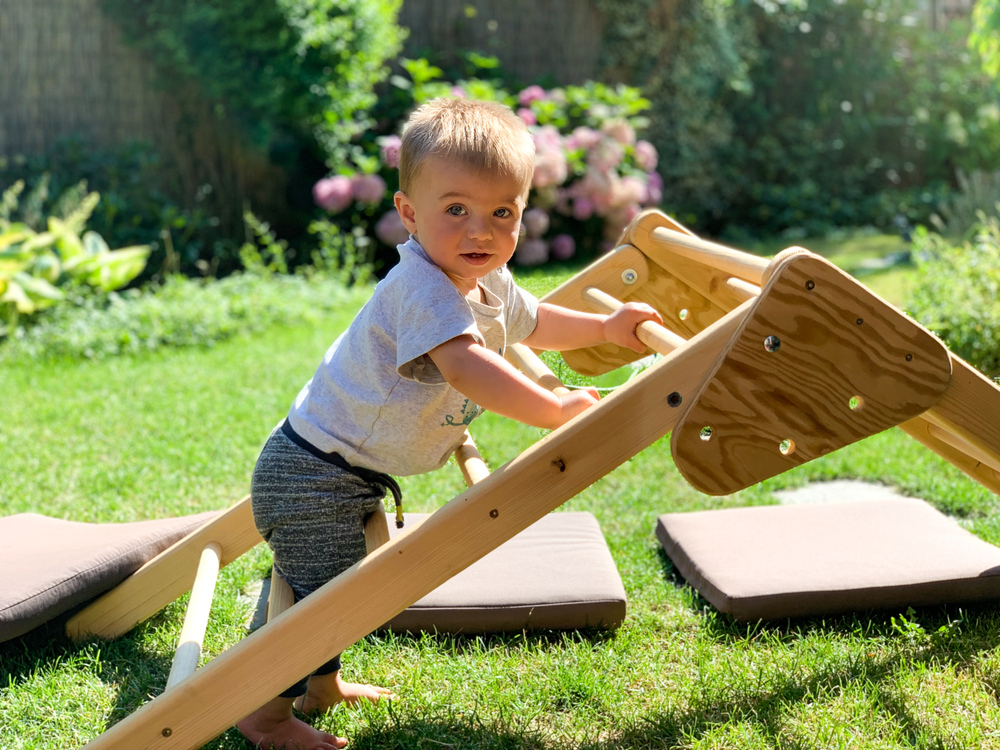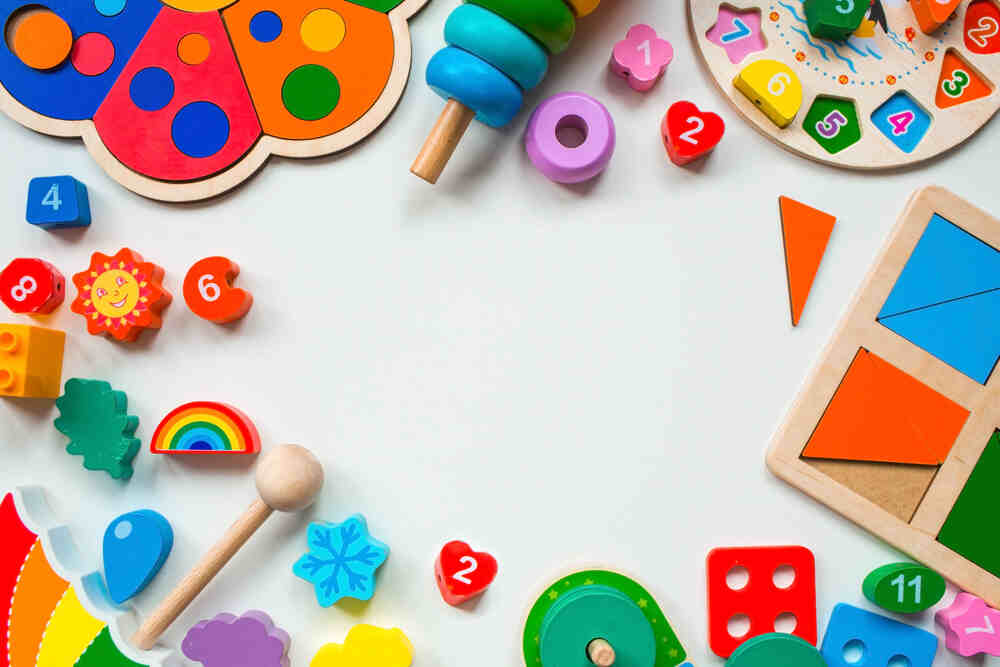The Montessori method of education, developed by Dr. Maria Montessori over a century ago, remains a revolutionary approach to early childhood education. Rooted in scientific observations of children, this method emphasizes hands-on learning, independence, and a child-centric educational experience. Let’s explore the five key principles that form the foundation of the Montessori Method
1. Respect for the Child
At the heart of the Montessori philosophy is a profound respect for each child as an individual with unique needs, abilities, and potential. This principle manifests in several ways:
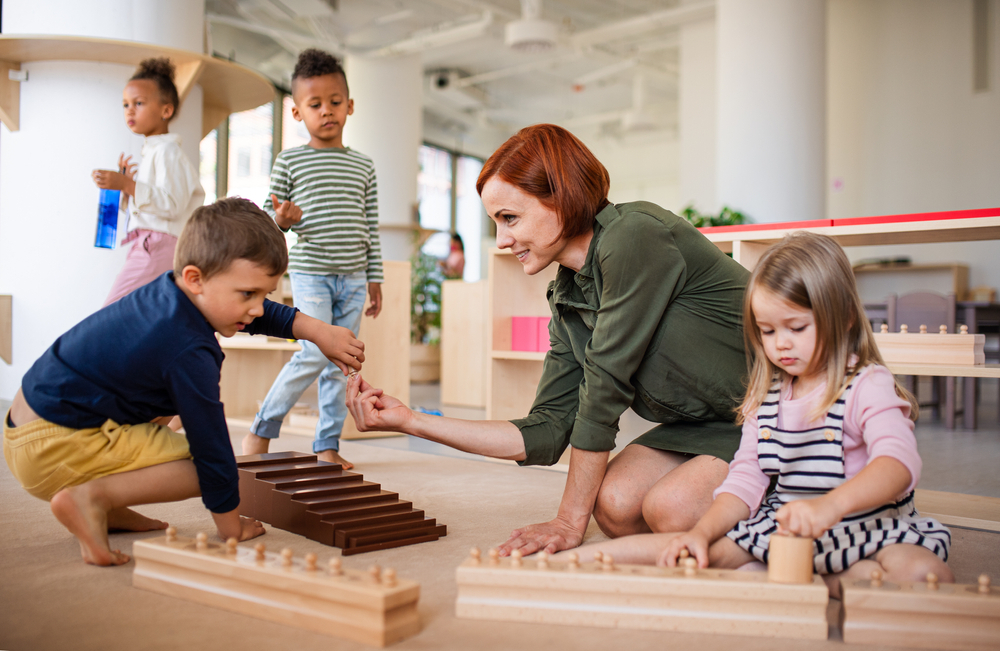

- Individual Learning Pace: Montessori educators design classrooms to let children learn at their own pace. They don’t rush children to meet a standardized benchmark; instead, they encourage children to explore and master concepts when ready.
- Autonomy: The freedom to make choices about their learning activities fosters children’s sense of independence and self-motivation. This autonomy helps build confidence and a sense of responsibility.
2. The Absorbent Mind
Dr. Montessori observed that young children have an extraordinary ability to absorb information from their environment, especially from birth to age six. This principle, known as the “absorbent mind,” highlights the importance of a rich and stimulating environment:
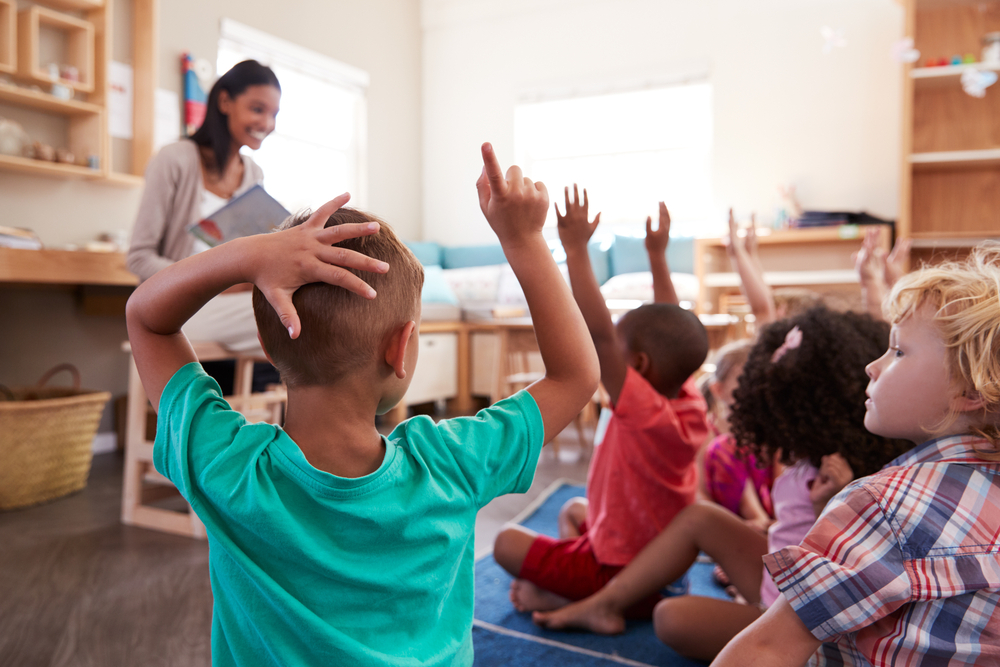

- Prepared Environment: Teachers meticulously organize Montessori classrooms with accessible, aesthetically pleasing materials designed to encourage exploration and discovery.
- Hands-on Learning: Children learn through direct interaction with materials that engage their senses and encourage manipulation. This tactile learning helps solidify abstract concepts through concrete experiences.
3. Sensitive Periods
Montessori education recognizes that children go through specific periods of heightened sensitivity to particular types of learning, known as “sensitive periods.” During these times, children are especially receptive to acquiring certain skills:
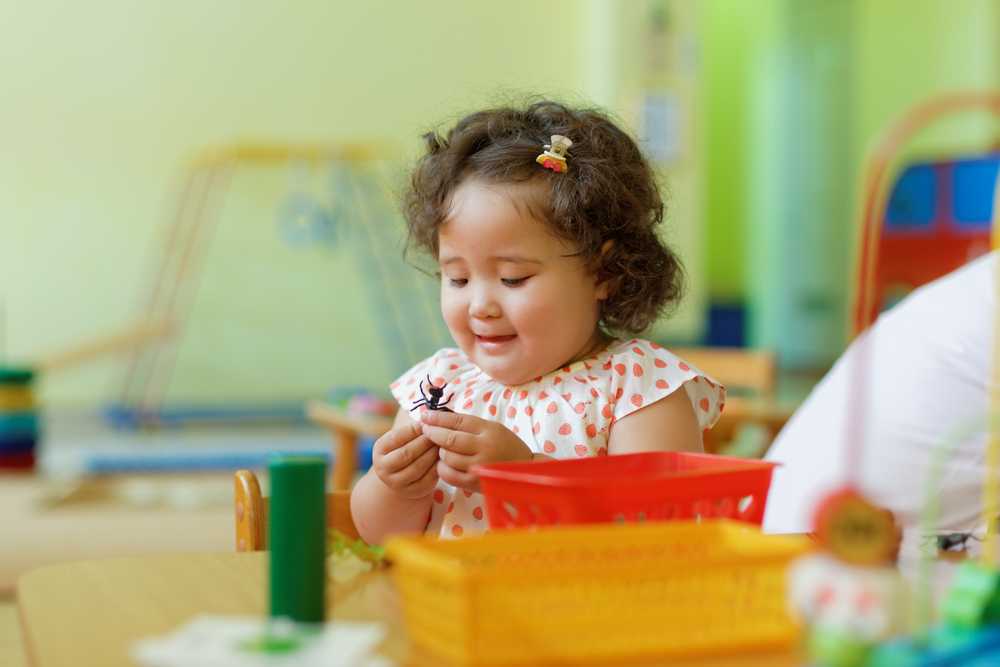

- Language, Order, and Movement: For example, sensitive periods for language, order, and movement occur in the early years. Montessori educators provide materials and activities that cater to these natural inclinations, supporting optimal development.
- Guided Observation: Teachers observe children to identify their current sensitive periods and guide them toward activities that will best support their growth during these phases.
4. Prepared Environment
The prepared environment is a cornerstone of Montessori education. It is carefully designed to facilitate independent learning and exploration:
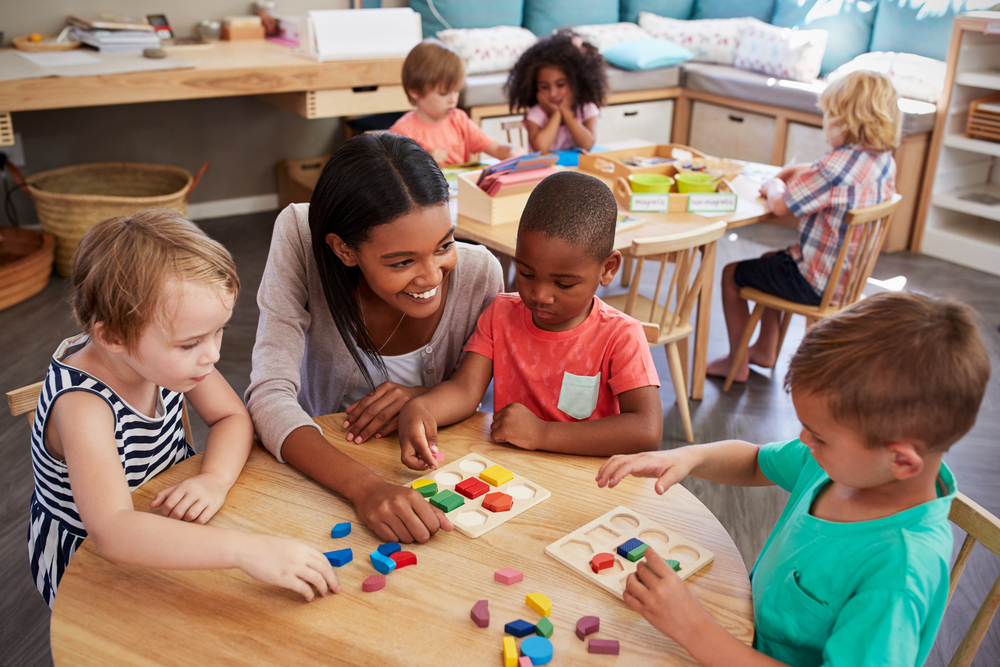

- Child-Centered Design: Furniture and materials are scaled to the child’s size, promoting independence and accessibility. Classrooms are divided into distinct areas for practical life, sensory activities, language, mathematics, and cultural studies.
- Order and Simplicity: A well-organized and orderly environment helps children develop a sense of calm and focus. Teachers arrange materials logically and attractively to invite engagement and concentration.
5. Auto-Education
Montessori believed that children are capable of educating themselves given the right environment and resources. This principle of auto-education emphasizes the child’s role as an active participant in their learning journey:
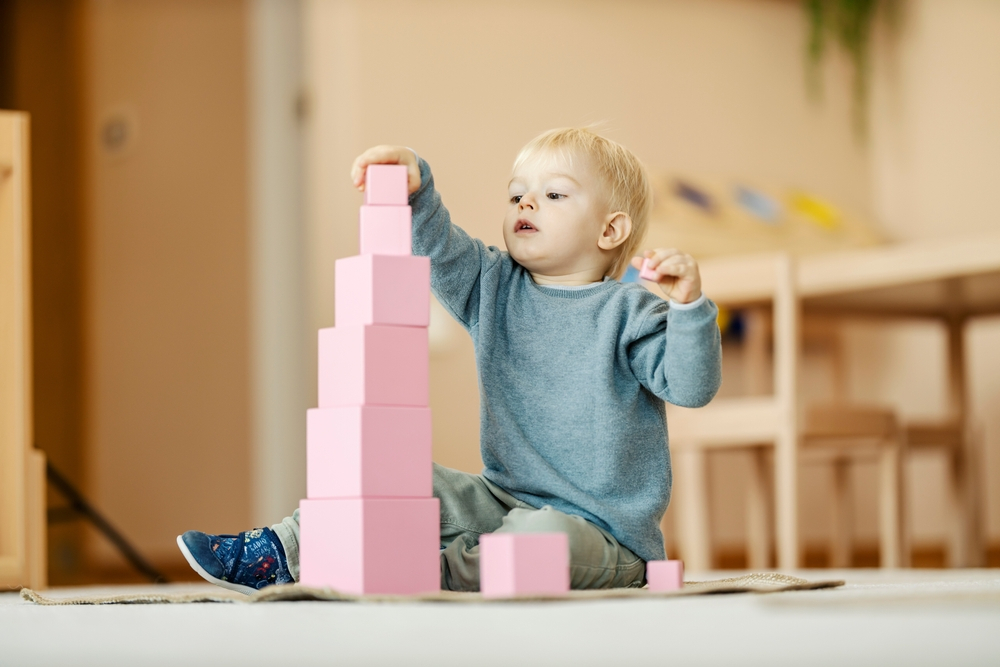

- Self-Directed Learning: Montessori materials which we often call Montessori Toys are designed to be self-correcting, allowing children to identify and correct their own mistakes. This process fosters independence and critical thinking skills.
- Teacher as a Guide: In a Montessori classroom, the teacher acts as a guide or facilitator rather than a traditional instructor. They observe, support, and gently steer children toward constructive activities without direct interference.
You Might Like: Montessori development milestone.
Conclusion
The Montessori method’s enduring appeal lies in its respect for the child as an individual, its emphasis on a thoughtfully prepared environment, and its recognition of natural learning phases. Montessori education fosters independence, curiosity, and a love for learning, cultivating not just academic skills but also well-rounded, confident lifelong learners capable of thriving in an ever-changing world. As more parents and educators recognize the value of this approach, Montessori education continues to shape the future of early childhood learning.
